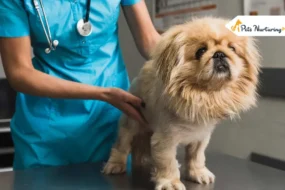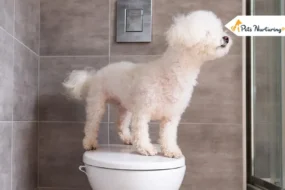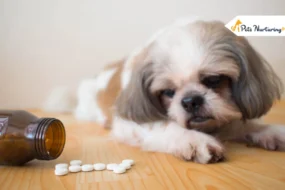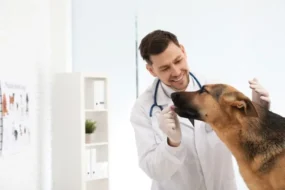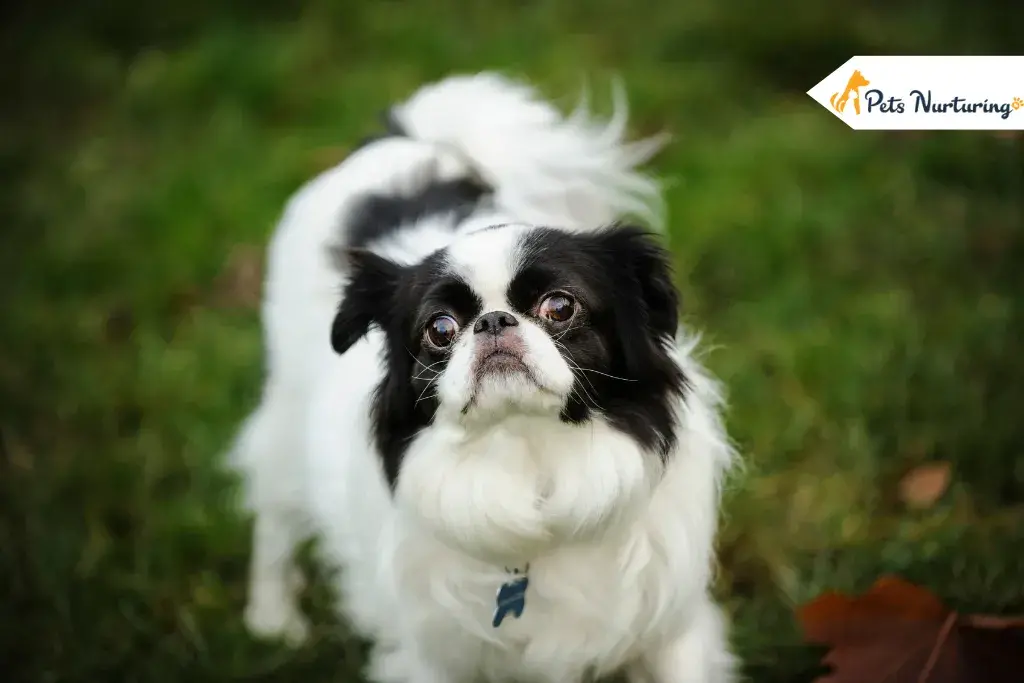
Being a fur parent is not unusual for most of us. Whether we prefer cats or dogs, taking care of animals is something we all have in common. Being a man’s best friend, many choose to take care of dogs and enjoy their company. Small breed dogs are the most common type of domestic pet. So why is it that many prefer to choose and take care of smaller breeds?
A small dog breed is cheaper, less messy, and makes great lap dogs. They don’t take up too much space in the room. Although they might have such bad tempers compared to bigger breeds, who are unexpectedly calm most of the time, they are cute and easier to travel with because of their size. Some small dog breeds are the Dachshund, Shih Tzu, Pomeranian, Maltese, and many more. When planning on taking care of these dog breeds, you might want to take some notes from this article.
Basic Dog Needs
When caring for dogs, providing them with their basic needs is important. Food, water, and a proper shelter. When you are a new fur parent or taking care of a new breed compared to your past experience, it is best first to research your pet’s characteristics.
When feeding your dog, it is important to follow a regular schedule. Dogs are suggested to be only fed two times a day. The food you need to give your dog depends on their age, size, and activity level. If you are concerned about your pet’s food amount, it is best to consult a veterinarian. As much as possible, avoid giving human food to your pet. Certain human foods are harmful to dogs.
- Alcohol
- Chocolate
- Caffeinated foods and drinks
- Dairy
- Garlic
- Grapes
- Onions
- Salt
The foods listed above are all bad for your dog’s health. Speaking of food, you can also give your pet treats, but limit the amount you give them. Puppies might like dog treats more, especially since their teeth are still growing during that time. It is also the perfect time to use dog treats as a prize when trying to train your pet. But what’s with all the food if there is nothing pushing it down? Providing your pet with clean water is also very important. Always leave them a bowl with clean water in it.
Checking Your Small Dog’s Health
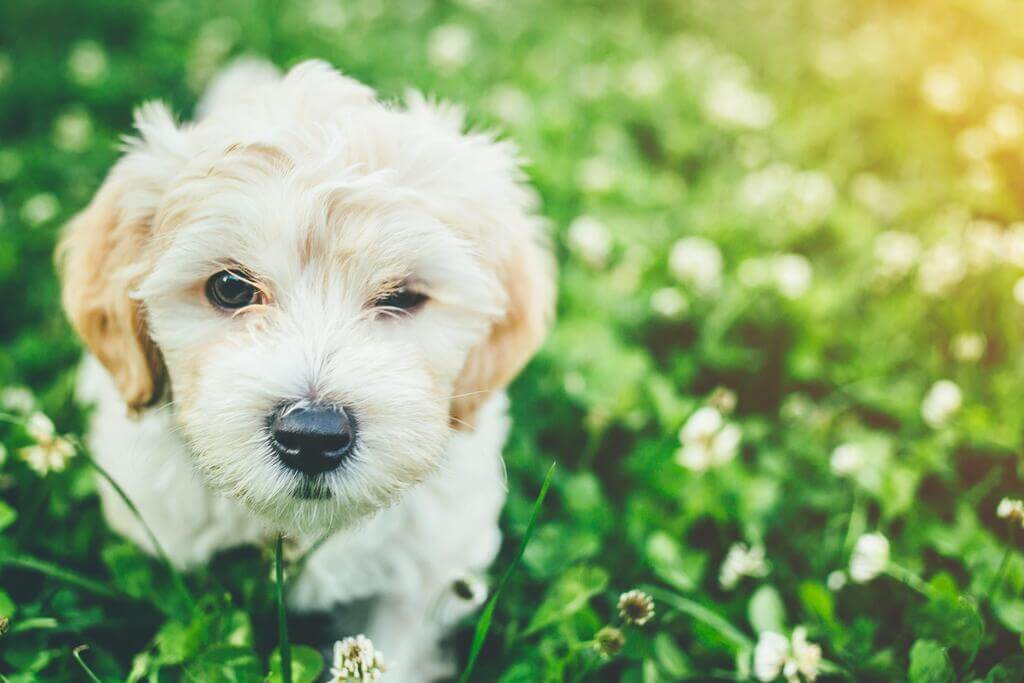
Your pet’s health is very important. Animals are just like animals, so being concerned about their health is a must. Schedule visits the vet as much as possible. Don’t wait for your dog to be sick just for you to consult a professional. Vets are available all over the world. There are vets in Toronto, Washington, Manila, Japan, etc., so a pet clinic being near you is not impossible. Given that 1st world countries usually have the most access to experts, vets in Toronto do not only provide services to cats and dogs as most common veterinarian clinics usually do. They also cater to animals like reptiles and amphibians, farm animals, and other exotics.
Veterinarians will examine your dog thoroughly and keep track of changes in their weight, heart rate, blood pressure, and other factors. Little dogs are typically more delicate and prone to injury than larger dogs. Because their bones are significantly smaller than large dogs, little dogs are more likely to suffer fractures and concussions. They are susceptible to injury from children’s rough play and the risk of stepping on them, and they are not always accurate jumpers off furniture and stairs. Vaccination for your dog is also important. Depending on where you live and your dog’s situation, vets might require just more than an anti-rabies shot. Do not let your pet interact with other dogs until they receive all necessary vaccines.
Groom your dog regularly. Other breeds of dogs might require more complicated grooming than others, especially if your dog is very furry. Keeping their coat clean and healthy is a part of looking out for their health. To prevent breaking or chipping, keep their nails short. At least twice a week, brush your dog’s teeth. This is beneficial to oral hygiene and may minimize oral and gum disease incidence.
Training Your Dog
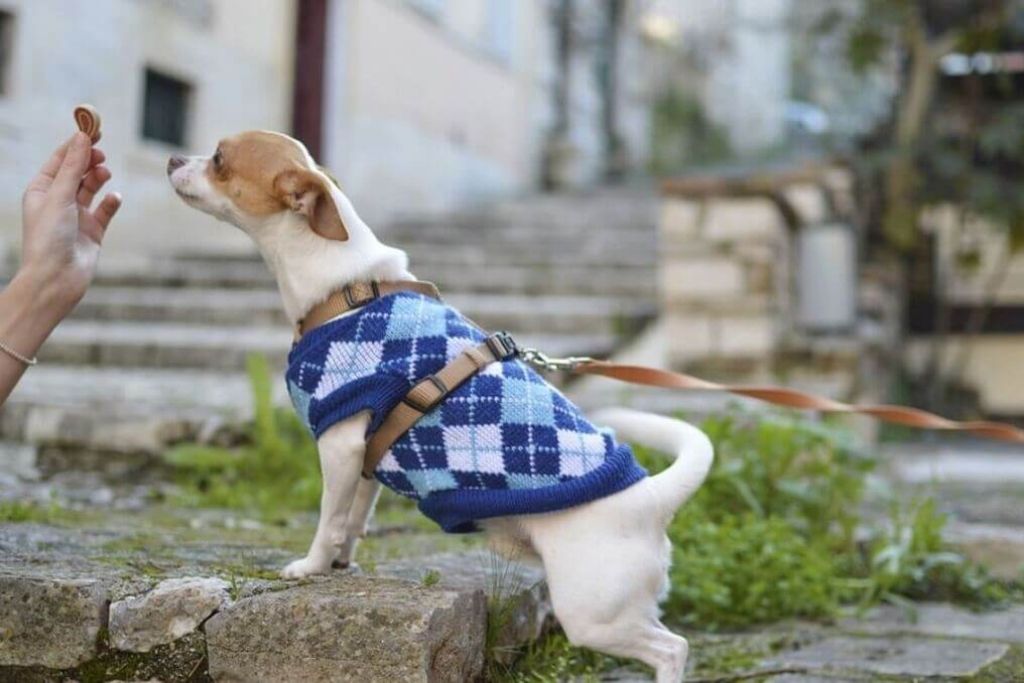
Small dogs are usually less obedient. They are usually unreliable to commands like “Sit!” or “Come!” but with proper training and bonding, the “reward with a treat” method just might work. Training your pet while they are still a puppy is better than teaching them when they are already old. This is because puppies are still very active and energetic and will most likely cooperate more when traded for food.
Your dog will respond more effectively to unfamiliar situations, people, and animals with the help of proper socialization. Unsocialized little dogs may be hostile to other dogs, people they don’t know, and kids. Additionally, they are prone to anxiety and fright in unfamiliar circumstances, which causes the animal extra stress. This might also be the reason behind their “attitude.” Some other reasons for their aggressive attitude are inconsistent training, lack of shared activities, and your use of punishment.
Conclusion
Training your dog does not only mean providing them with daily exercise. Yes, it can help them in their physical aspect, but they also need mental stimulation. Bonding with them and playing with them with toys makes their brains stimulated and engaged.
Find out more :








